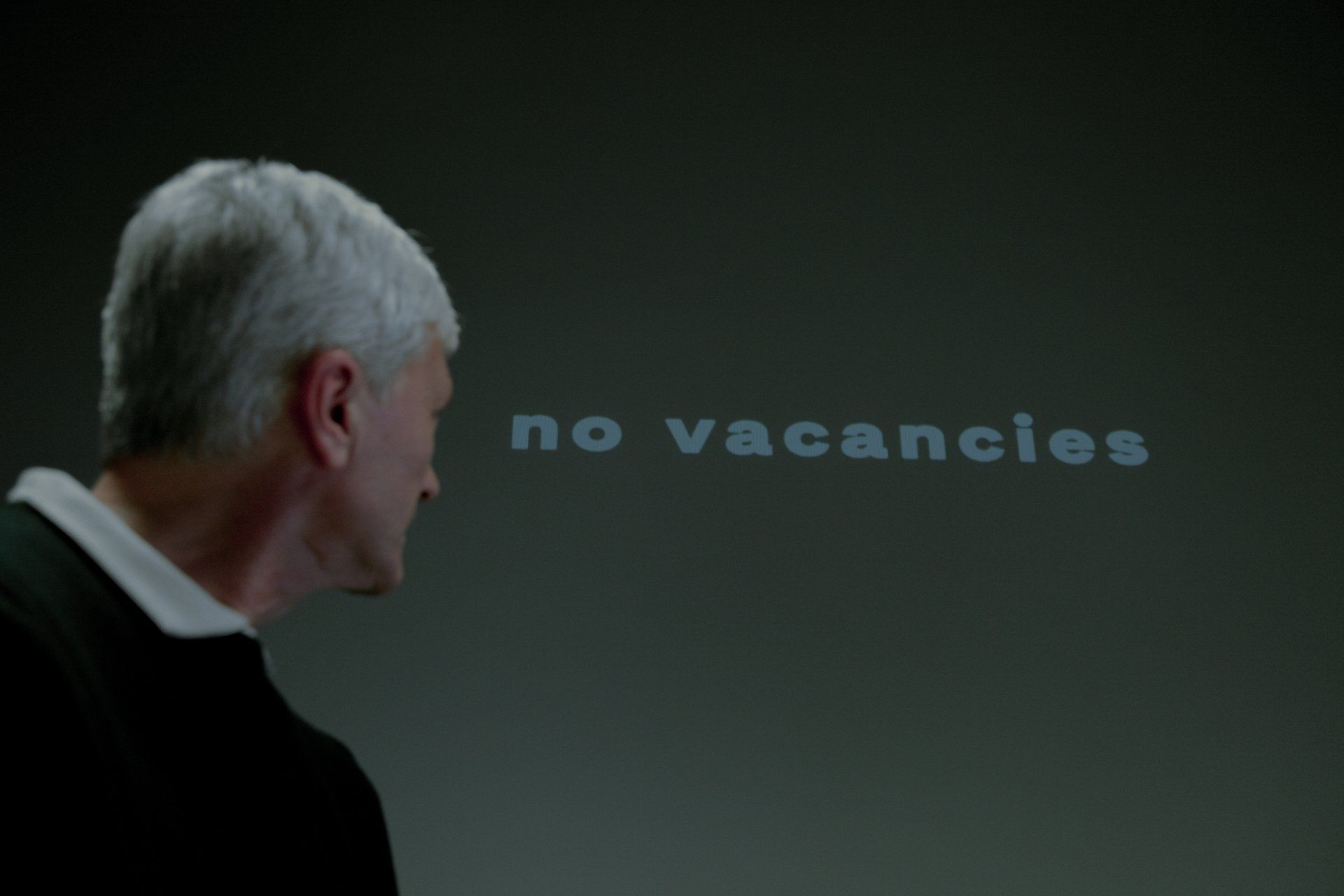Welcome to our News page
Our thoughts and advice on current employment matters

SSP changes from April 2026 From April 2026, the UK government is introducing reforms to Statutory Sick Pay (SSP) to make it more accessible and to ensure employees receive financial support from the start of sickness absence. Day-one SSP : Paid from the first day of sickness (no waiting days). Wider eligibility : Lower Earnings Limit removed which means more low-paid and part-time workers qualify. How it’s paid : SSP = lower of 80% of average weekly earnings or the statutory rate . Rate : Statutory weekly rate still set annually (exact figure confirmed each tax year). Who’s affected : Most employees, including those previously excluded due to low earnings. What employers need to do : Update payroll systems , absence policies , and cost planning .

Employment experts foresee an increase in employment tribunal cases brought by employees as a result of employers requiring employees back into the office, full time. Those who try to avoid days in the office may be faced with their employers using entry-gate data to track staff attendance. The Telegraph reports that a number of companies are now advocating a full five-day return to the office, with others enforcing a minimum number of days in the workplace. Administrative staff at Boots, who previously worked in the office three days a week, will be required to return to the office five days per week from September. Earlier this year, an Employment Tribunal rejected the case of a senior manager who claimed against her employer, the Financial Conduct Authority, because she wanted to work at home full-time. Judge R Richter ruled that the FCA was within its rights to reject the employee's request stating that there are “weaknesses with remote working.....which will no doubt be the subject of continued litigation.” Is working from home so bad? According to KPMG’s 2023, CEO Outlook Survey ( Current trends in remote working (kpmg.com) , attracting and retaining talent is a top operational priority for CEOs to achieving their 3-year growth objectives and believe that remote working can play an important role in supporting talent retention and accessing new talent markets. There will no doubt be an increased number of claims brought against employers as remote working dissipates and employer's start to change the working dynamics.

Menopause symptoms can have a significant impact on women at work. Research by the Chartered Institute of Personnel and Development found that two thirds of working women between the ages of 40 and 60 with experience of menopausal symptoms said they have had a mostly negative impact on them at work. Of those who were negatively affected at work: 79% said they were less able to concentrate. 68% said they experienced more stress. nearly half (49%) said they felt less patient with clients and colleagues, and 46% felt less physically able to carry out work tasks. Baroness Kishwer Falkner, chair of the EHRC, said: “As Britain’s equality watchdog, we are concerned both by how many women report being forced out of a role due to their menopause-related symptoms and how many don’t feel safe enough to request the workplace adjustments."

The Government has announced the rates of the National Living Wage (NLW) and National Minimum Wage (NMW) which will come into force from April 2024. The rates which will apply from 1 April 2024 are as follows: NMW Rate Increase: National Living Wage (21 and over) £11.44 18-20 Year Old £8.60 16-17 Year Old £6.40 Apprentice Rate £6.40 Accommodation Offset £9.99

The EAT has held that an employee’s redundancy dismissal was unfair where the employer failed to carry out meaningful workforce consultation at a formative stage. The respondent company carried out a scoring exercise using a standard set of subjective criteria. The claimant scored lowest in out of three in his pool. The respondent then met with the claimant three times before dismissing for redundancy. No consultation took place with the workforce prior to the scoring exercise. The EAT held that there was a clear absence of consultation at the formative stage, which meant there was no opportunity to discuss different approaches to any aspect of the employer’s redundancy process. The decision underlines the importance of appropriate workforce consultation, even where collective consultation obligations are not triggered. De Bank Haycocks v ADP RPO UK Ltd [2023] EAT 129





